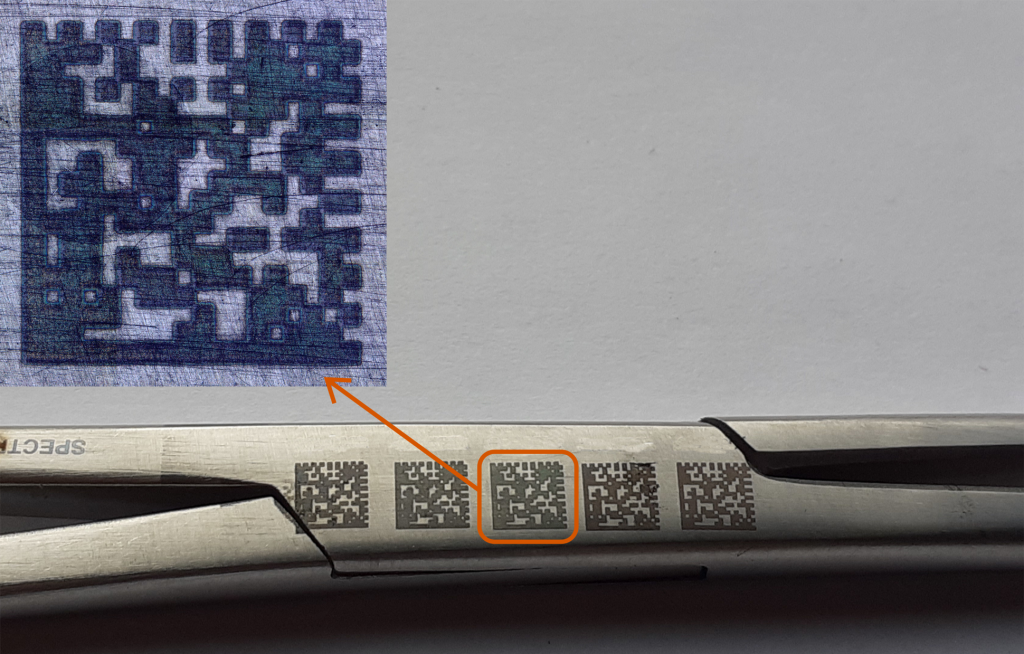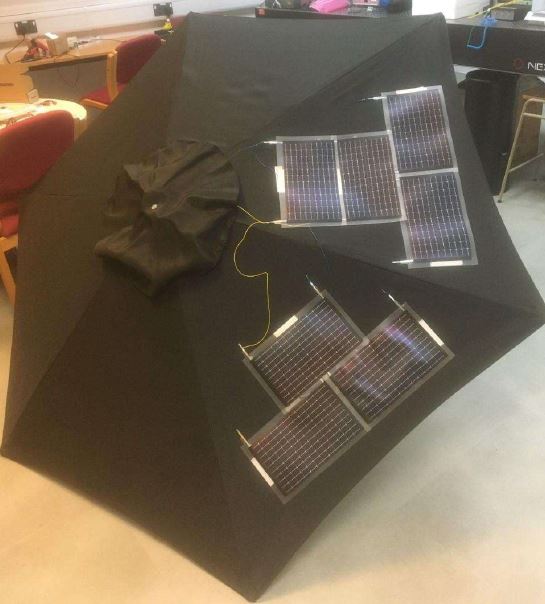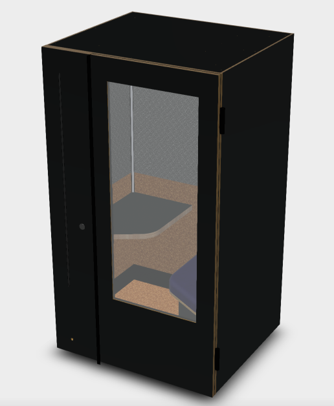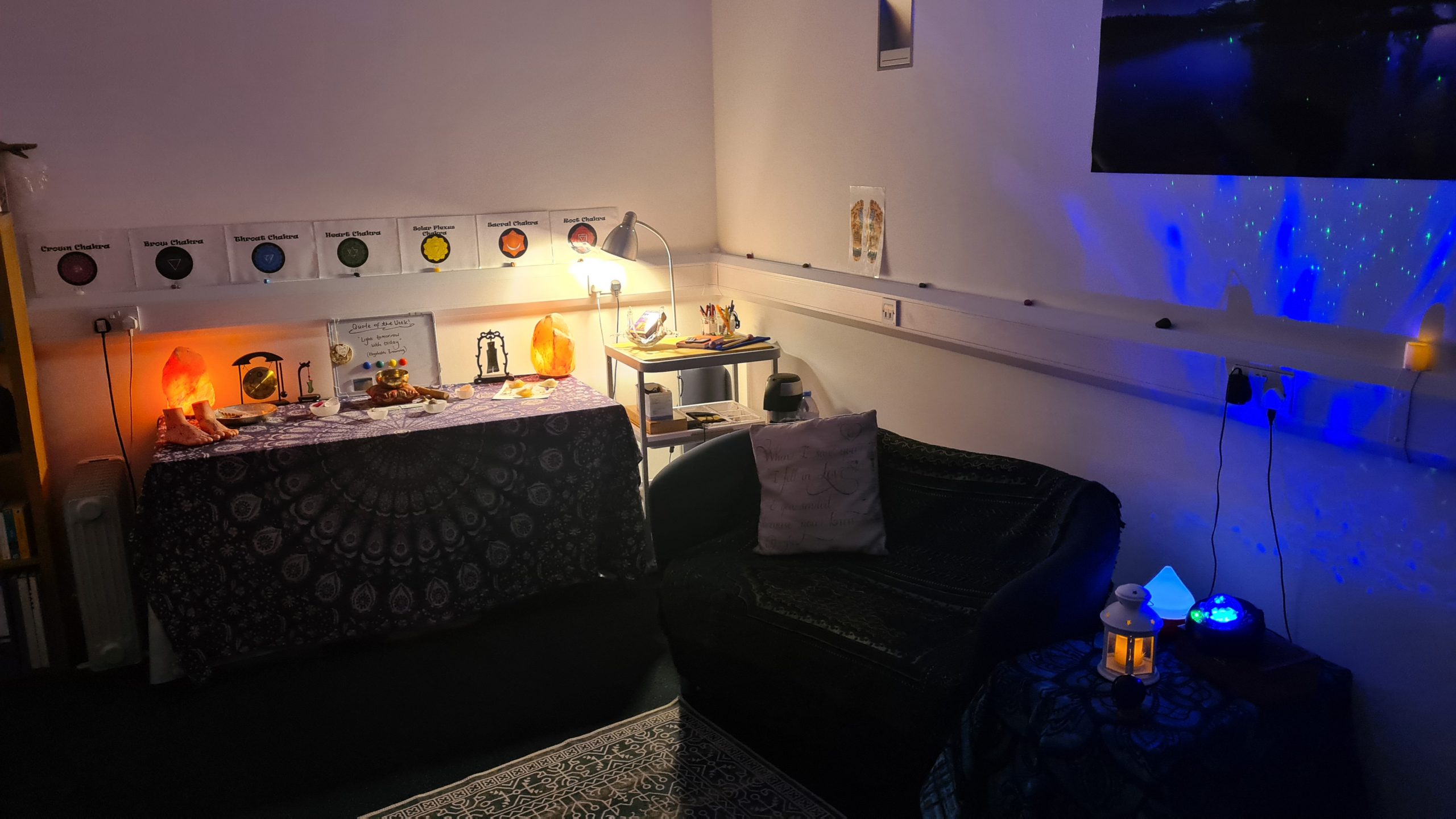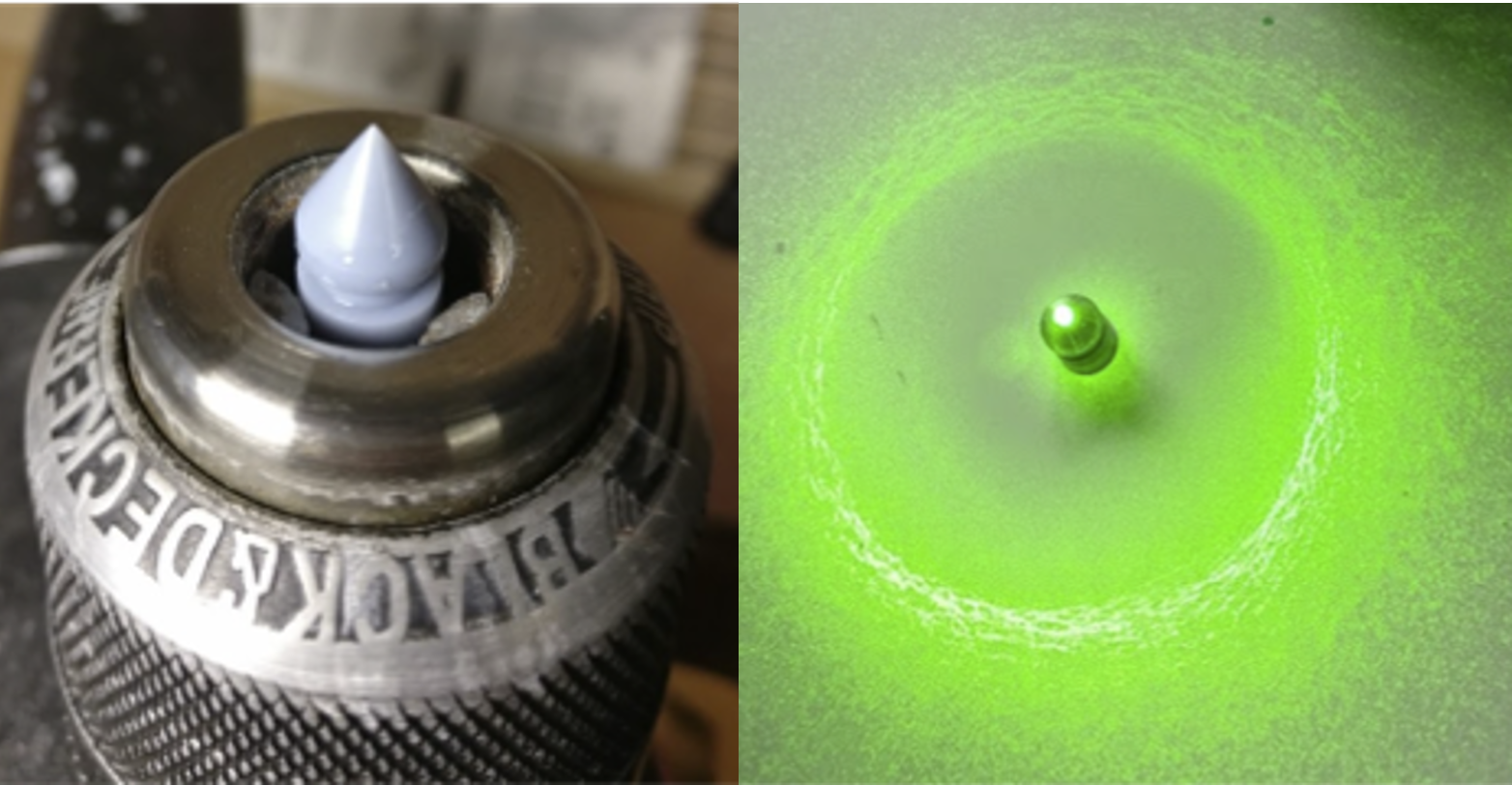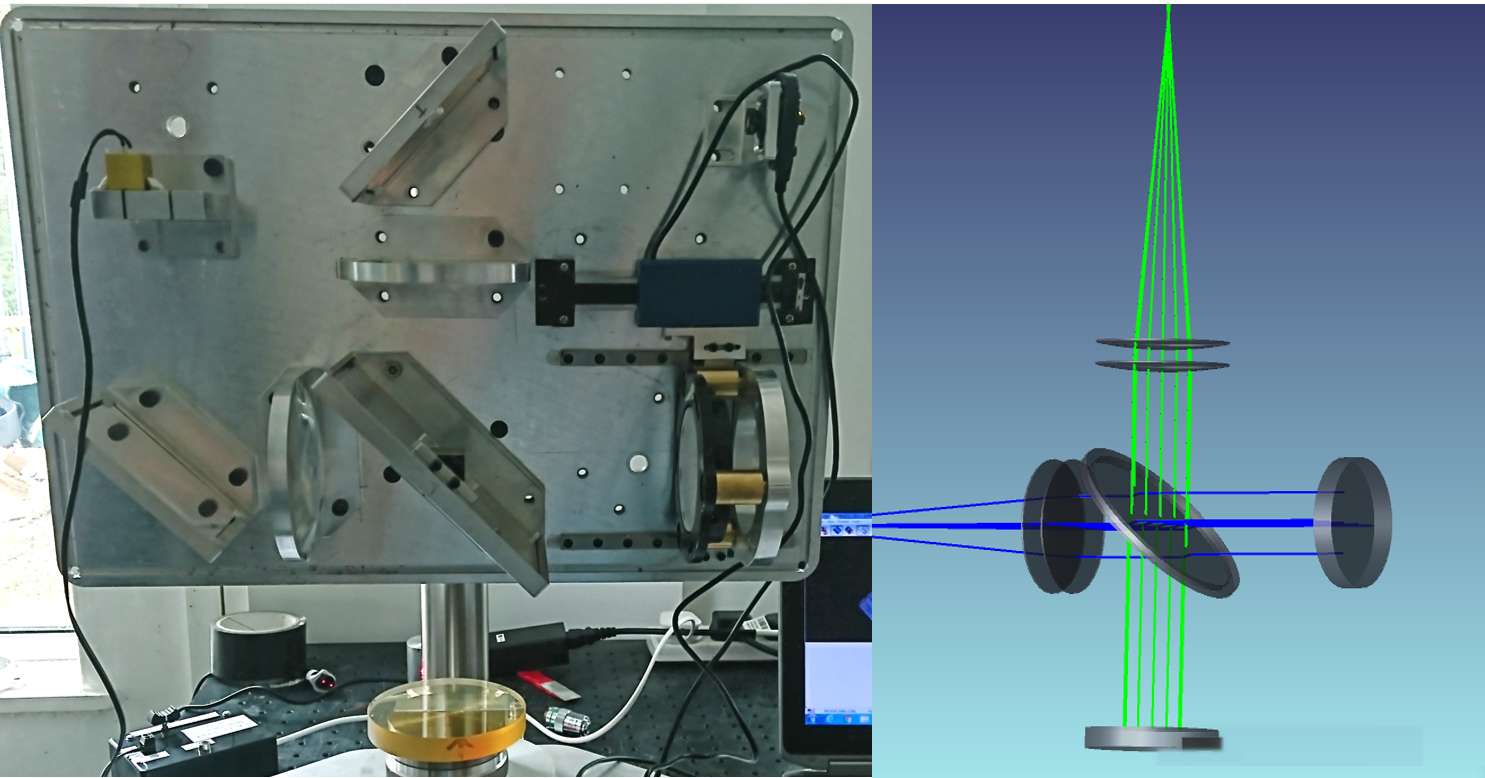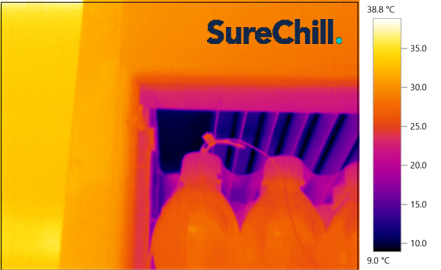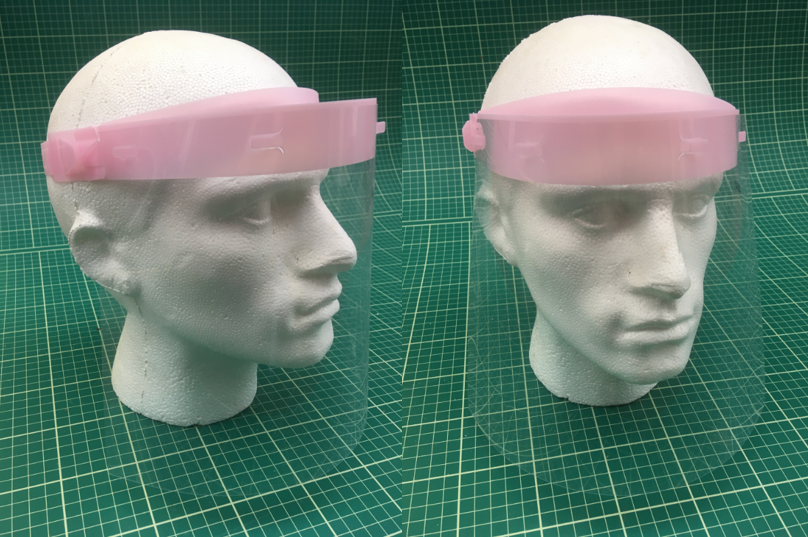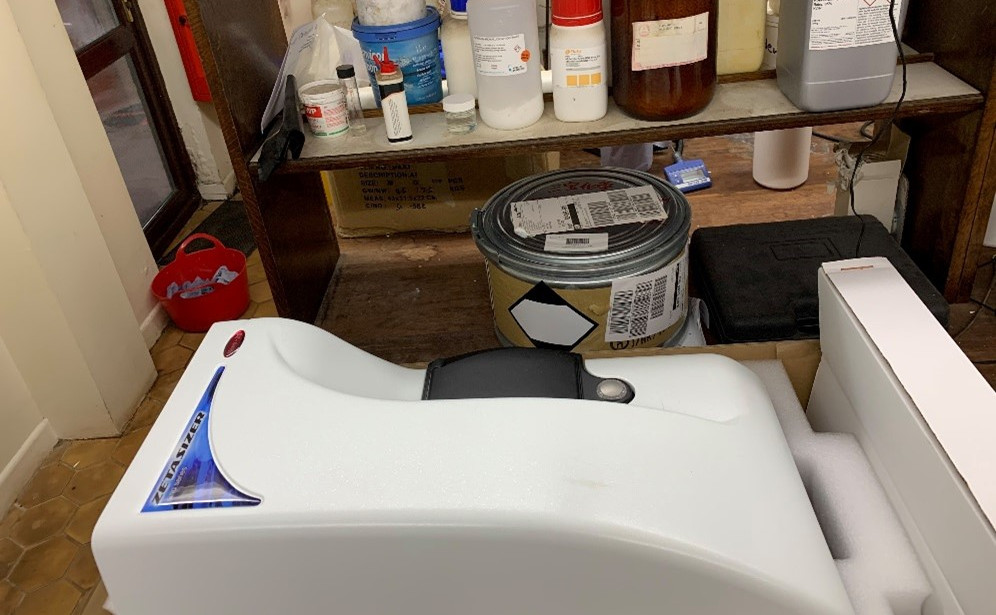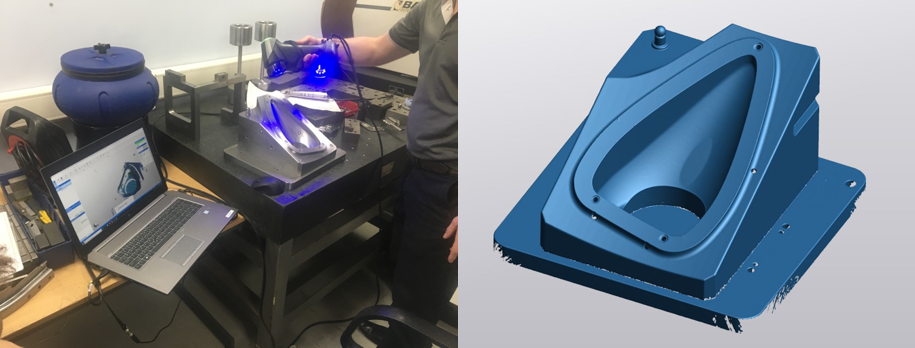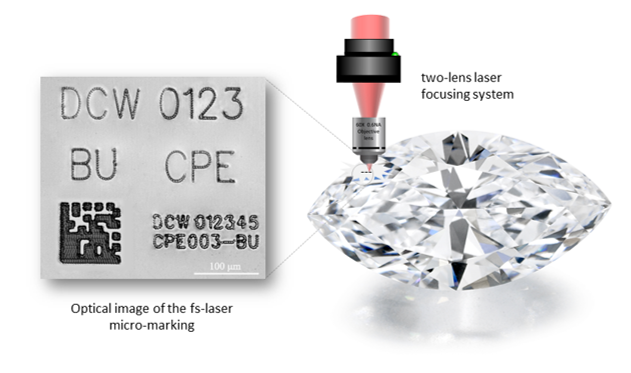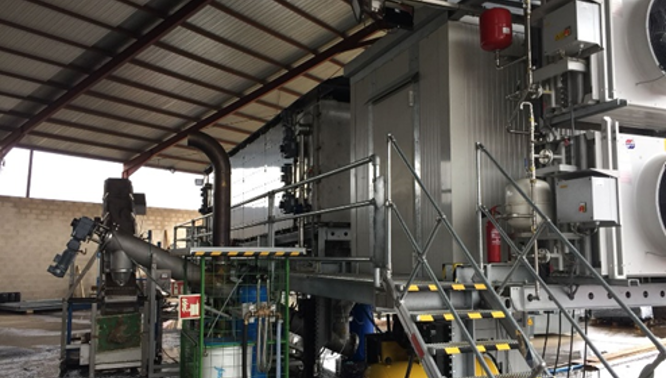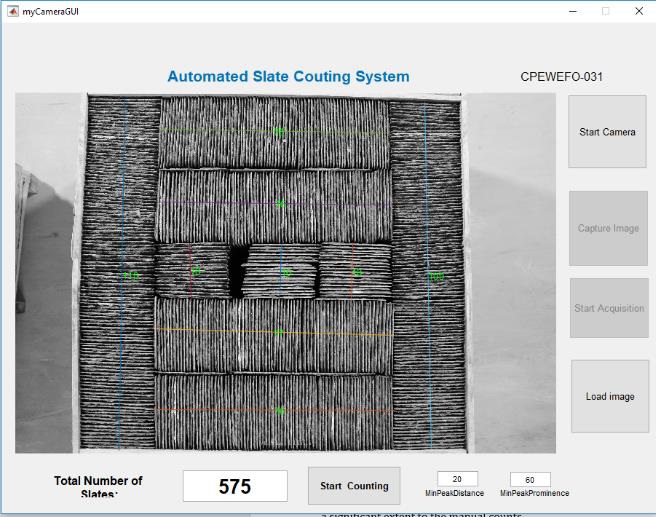Bridgend-based global firm Spectrum Technologies is a manufacturer of industrial laser systems for the aerospace industry and electronics industries, exporting over 95% of sales. The company is looking to expand their business in other markets, including the medical sector. Medical devices such as stainless steel surgical instruments like scissors, scalpels, and forceps all require markings for product traceability.
Since 2020, all class I,II, and III medical devices that require direct part marking must also include a Unique Device Identification (UDI) code. The UDI mark has to meet certain specifications, including being corrosion resistant to withstand a harsh sterilisation process. Initial attempts by the company in 2016 failed to meet the corrosion criteria.
Bangor University worked with Spectrum Technologies to investigate further. A detailed analysis of the parameters and results of previous laser marking attempts by the company was carried out. The CPE team used their expertise in metallurgy and laser processing to implement alternative successful laser solutions.
The collaboration was successful in identifying two viable solutions with different laser systems which produced high-contrast and corrosion-free UDI marks. As a result of this CPE collaboration with Bangor University, Spectrum Technologies are now looking to develop a competitive low-cost laser marking system for UDI marking of medical devices.

